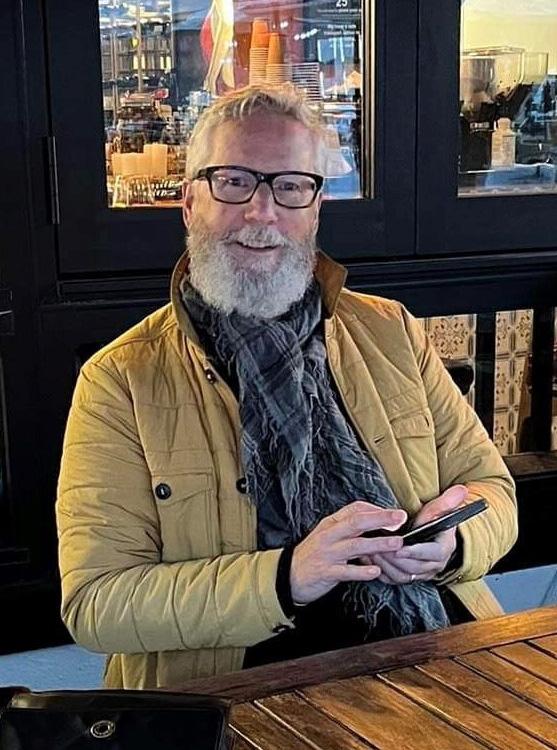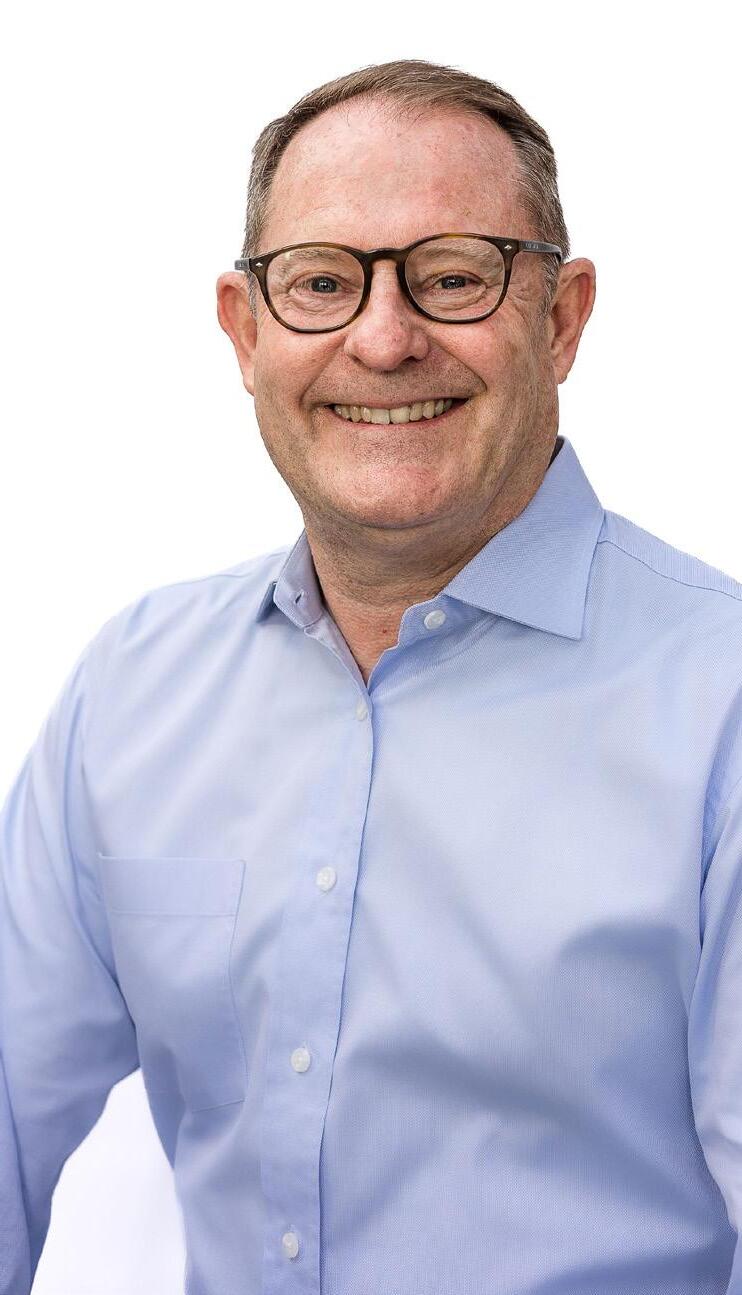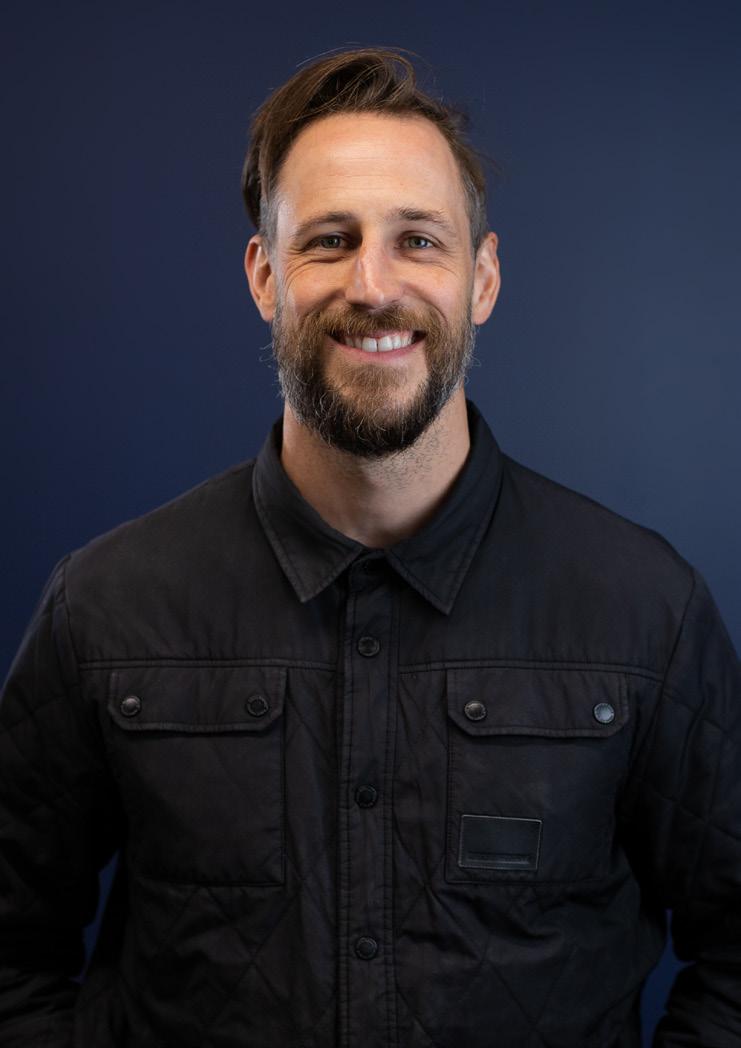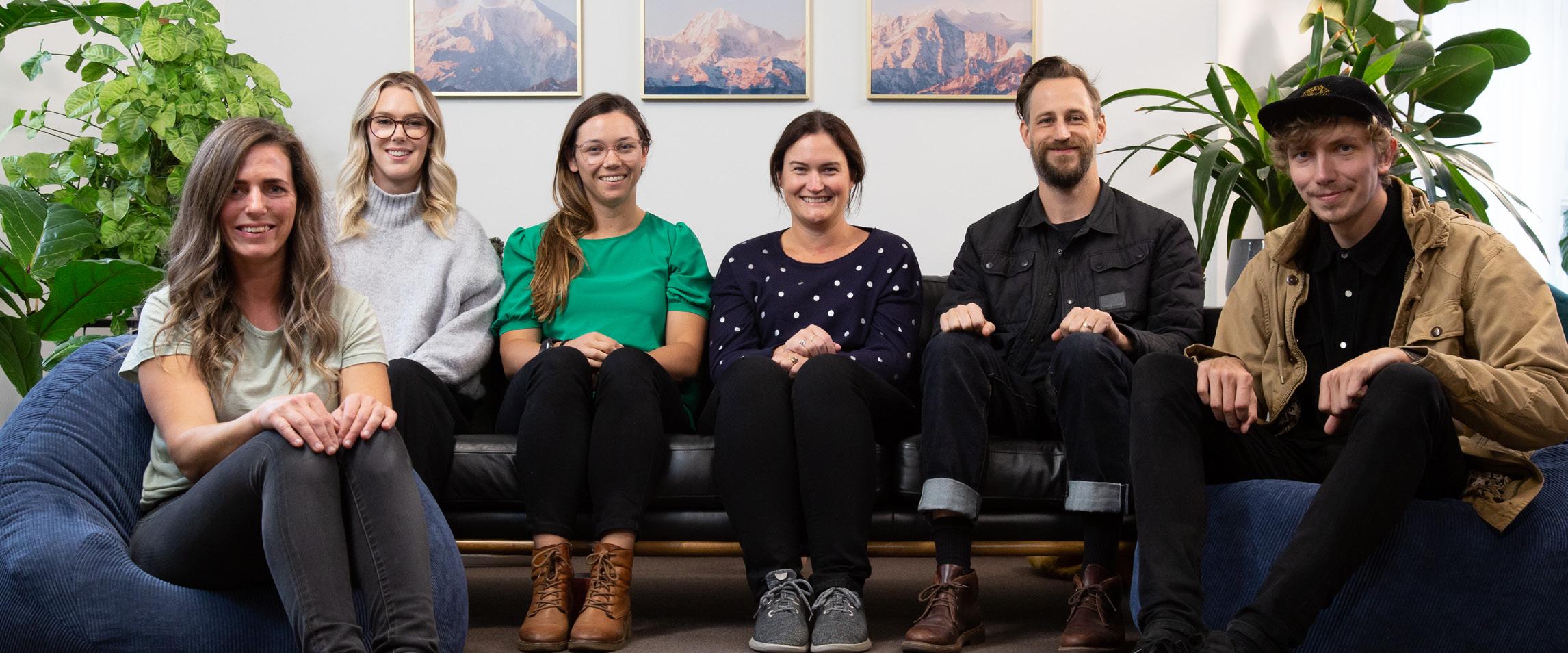
2 minute read
Turning to tech
by Sue Fea
MBIE principal policy analyst Ron Clink has been seconded to help.
The transition won’t be a rapid process, with Sharp expecting it to take some 20 years to ‘get it right’. In the first three to five years the focus will be on putting the right ingredients in place to achieve long-term success.
There are already large and small tech companies interested in stumping up to make it all happen.
“We’re confident the funding will be available.” While tourism’s doing well right now, Sharp says we can’t forget what the Queenstown area’s just been through.
The plan is to build tech up to a greater proportion of GDP but in a way that isn’t to the detriment of the local lifestyle, he says.
“We may only need 2500 to 3000 people in 20 years to make that happen and create a successful niche. The incremental population growth may only be in the low thousands,” he says.
“These will be clever people, some of whom we train in town, and who earn considerably higher wages and inject more into the local economy.” However, the move all hinges on affordable housing development within the next 10 years.
“Collectively, we need to work on housing, childcare and education,” says Sharp.
“I’ve spoken to techies here who are living in caravans and want to be here, but they can’t find a home. Another woman is working on a startup but paying more for childcare than what she’s earning. Clearly, it’s an acute problem.”
Sharp, who has owned a Queenstown home for 20 years, has an accomplished international career as a tech entrepreneur. He’s been building and selling tech companies since the mid-1980s, some listed on the Australian Stock Exchange. He chairs the boards of Webjet, Iress and Lotto NZ, and is a former deputy chair of Tourism NZ. Tourism makes up $3.3 billion – 60 per cent of our GDP with tech clocking in at only 1.8 per cent, explains Sharp; “That could be at 10 to 15 per cent.”
During a tour of the US, he met with the movers and shakers in towns which had grown their local tech sector and retained their small-town atmosphere, like Bend in Oregon.

Sharp explains that it’s important to get the right mix of start-ups, scale-ups, remote workers and big multinationals relocating for lifestyle benefits. “We want to attract highly-educated, well-paid people who deliver and we need a university training people in tech,” says Sharp.

“It’s all about our contribution to GDP. One tech worker is equal to several tourism workers.”
“We have some absolute tech gems here in Queenstown Lakes doing exciting stuff, smart and committed people, but people aren’t working together. There’s no plan or strategy,” he adds. The people in Bend were all on the same page, developing a now flourishing tech sector under the leadership of Silicon Valley venture capitalist Dino Vendetti.
“They were all collaborating and upholding small town prosperity values.”
Kiwi Roger Sharp and his wife, Christine, returned to New Zealand to live in Queenstown in 2016. His great-great-grandfather was an early coal miner in Central Otago and his brother owned the goldfields Cobb & Co Coachline .
“Queenstown is our absolute heart and soul. I feel an obligation to help,” says Sharp, with him and his wife funding much of the project to date.
What makes you buy something? What makes you behave in a certain way?
Like all good marketers, Dave Hockly knows the answers to those questions. But what really interests him is using cold, hard data to dig down into the detail of people’s decisions, adapt marketing strategies and measure the results and revenue.

Hockly launched Queenstown company Data Story in August 2018, after leaving Wellington for the snow of the Southern Alps.

In five years, the company has grown from just him to a team of seven, based in offices on Gorge Road.
“I learned through running previous businesses, which weren’t marketing businesses, that marketing is as much a science as it is an art,” he says.
“It was a hard lesson because if something didn’t work, I had to pay for it out of my own pocket. It’s actually hard to focus on the right things, rather than looking at what just sounds cool.



